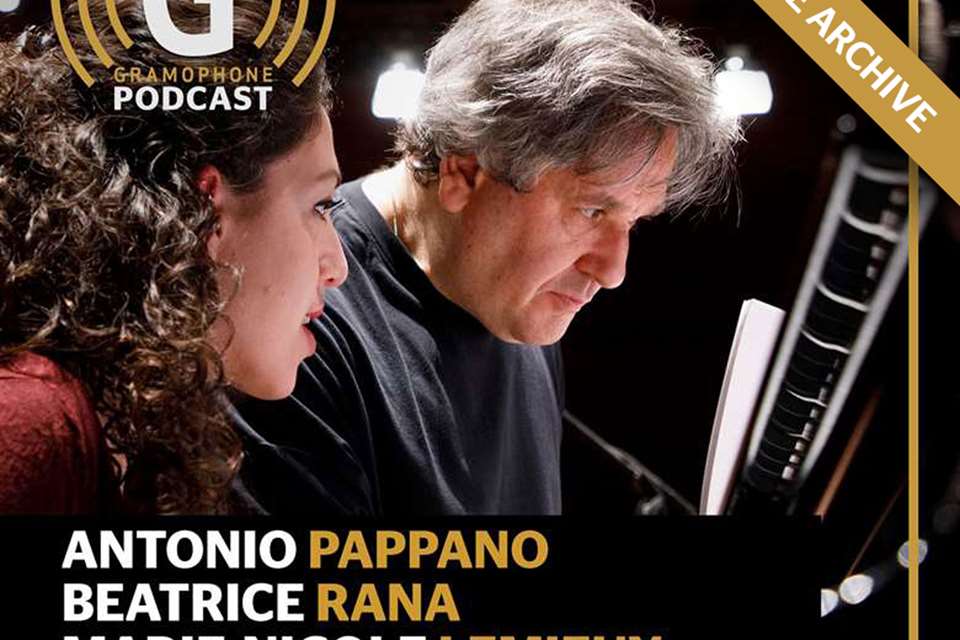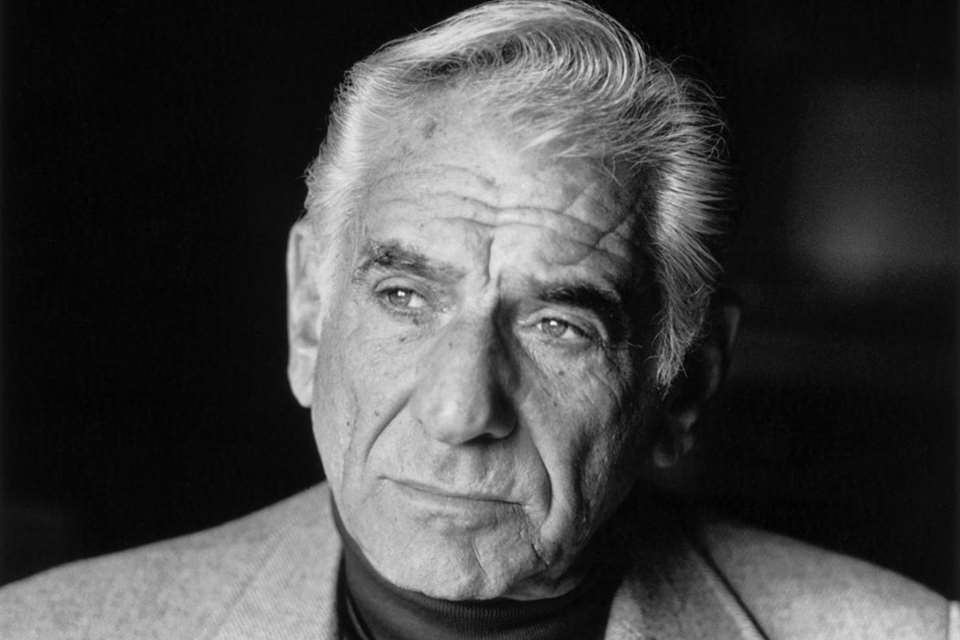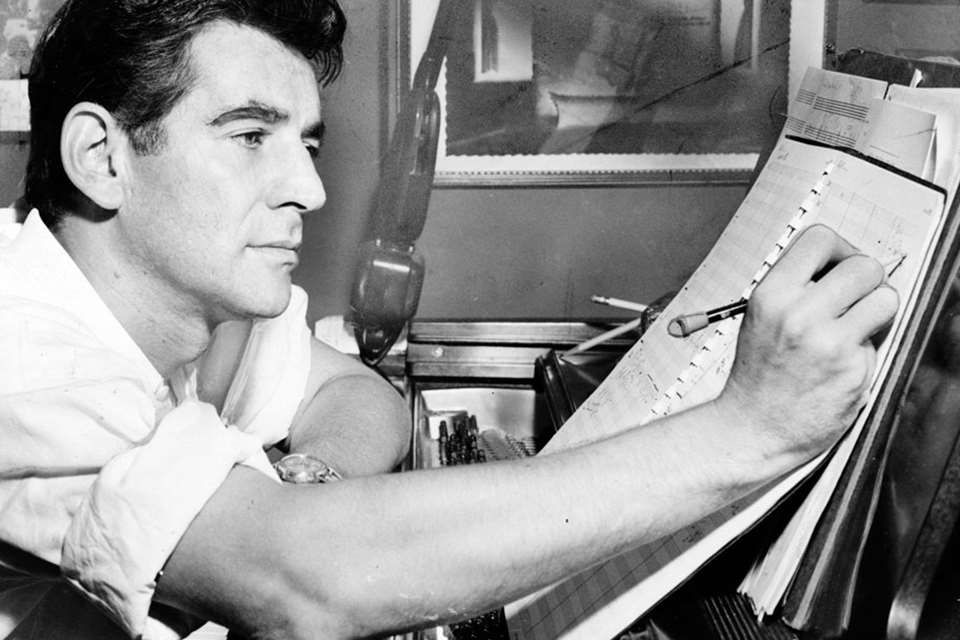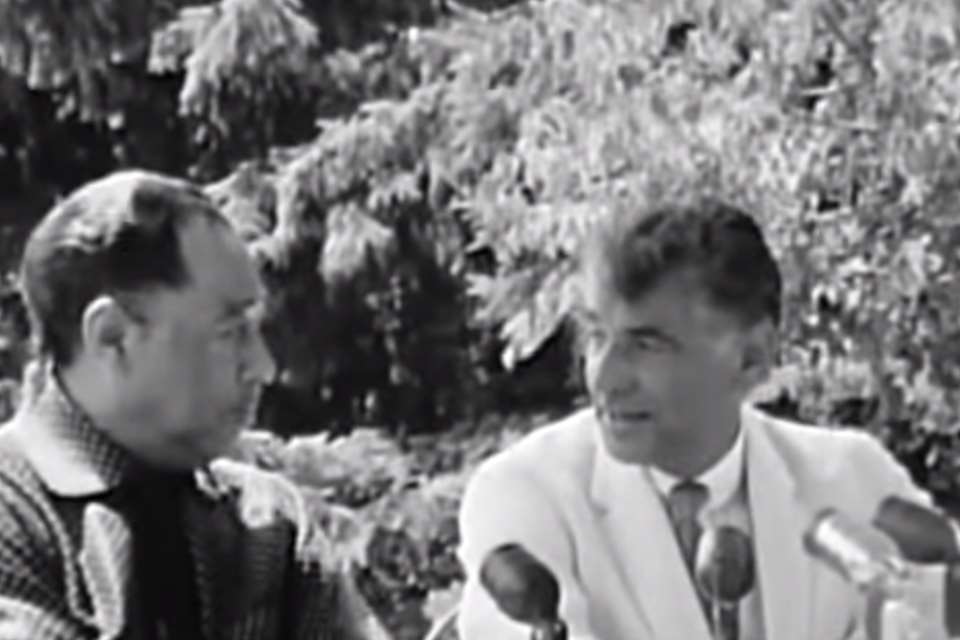Leonard Bernstein: 'It’s much harder to write a tune in F major than to compose a three-hour 12-tone sonata’ | Classic interview
Alan Blyth
Monday, January 2, 2023
Leonard Bernstein spoke to Alan Blyth for the September 1970 issue...
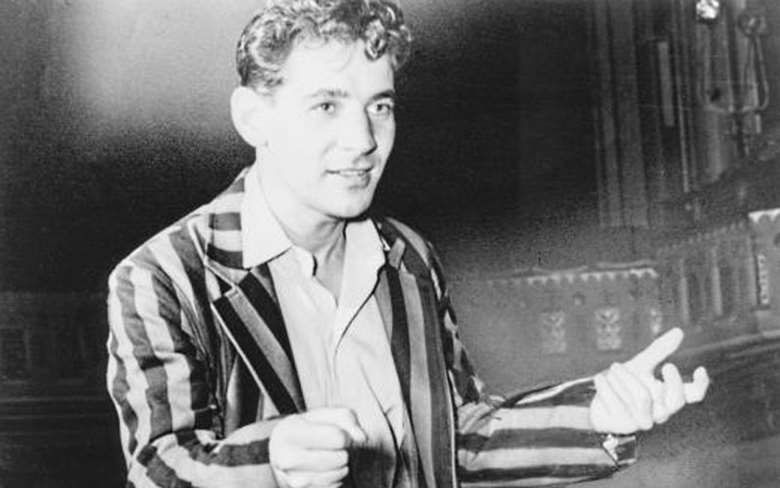
Register now to continue reading
Thanks for exploring the Gramophone website. Sign up for a free account today to enjoy the following benefits:
- Free access to 3 subscriber-only articles per month
- Unlimited access to our news, podcasts and awards pages
- Free weekly email newsletter




